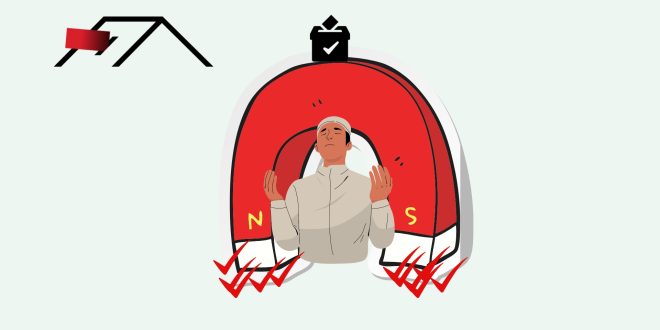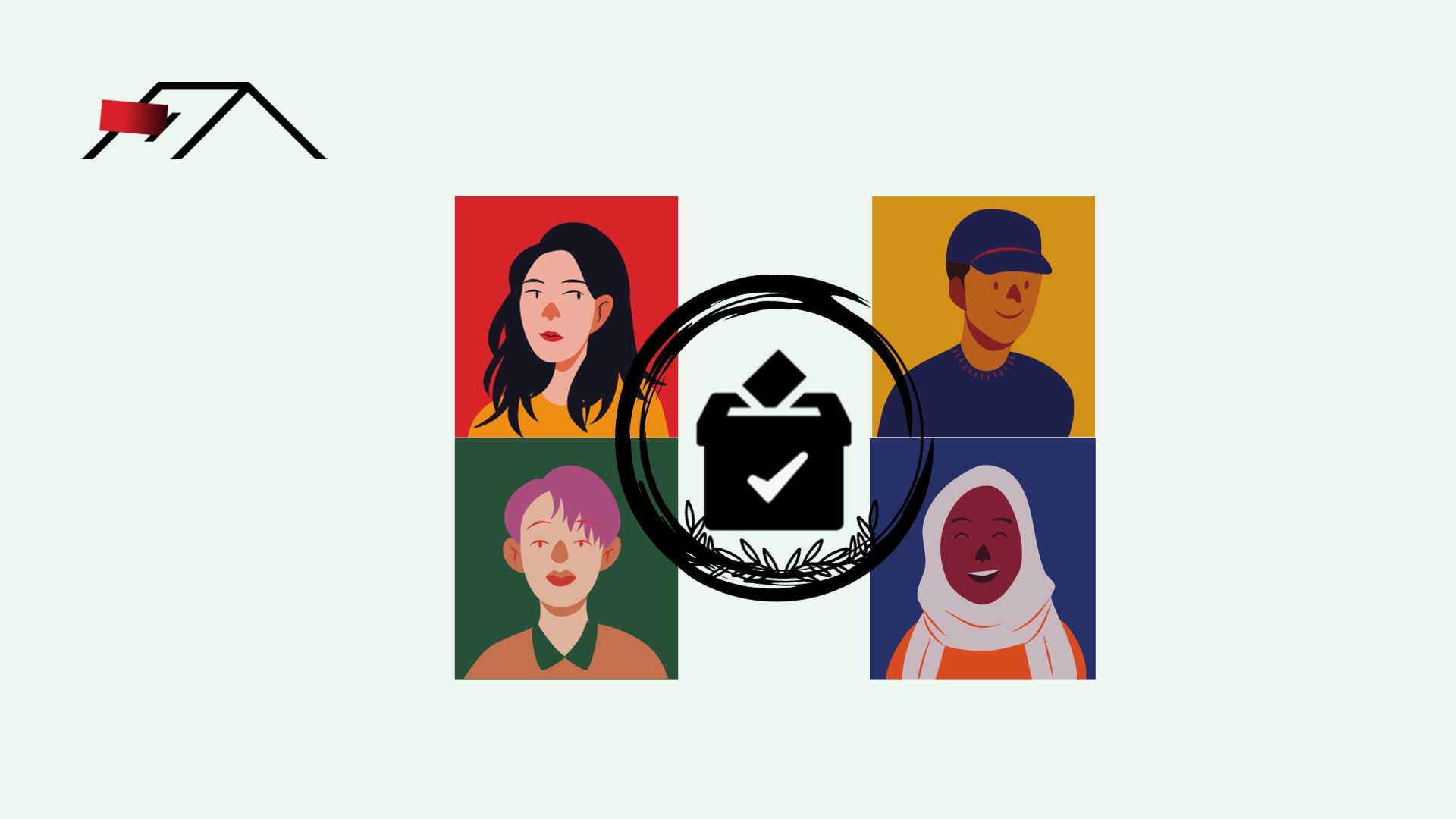As a country with the largest Muslim majority in the world, Indonesia is very attached to religious rituals, both symbolically and substantively. Since pre-independence, Kyai have been symbols of the Islamic religion who are highly respected and obeyed, not only teaching religious guidance but also more than that about sacrifice and fostering feelings of love for the homeland among the students and the surrounding community.
Cliford Geertz, in his famous book on “Javanese Religion: Abangan, Santri, and Priyayi in Javanese Culture,” succeeded in depicting three typologies of Javanese society regarding the relationship between religion (politics), religion (social), and religion (economy). This book discusses how the behavior of Javanese society, even its political preferences, are greatly influenced by the figure of the Kyai.
Geertz also said that the role of a Kyai in Java is to act as a cultural broker or cultural intermediary. As a cultural intermediary, Kyai had a role as a mediator between different cultural groups, facilitating understanding and providing space for dialogue and cultural exchange between Javanese, Japanese, and Dutch people at that time. As time goes by, Kyai are required to have real knowledge and action between religion and secular teachings, including being involved in political constellations at the beginning of the independence period.
Kyai and their santri are the greatest assets of the Indonesian nation in the journey of physical and political independence. The two largest Islamic community organizations in Indonesia, namely Muhammadiyah and Nahdhatul Ulama’, have always accompanied the ups and downs of the long journey of political dynamics in Indonesia. Starting with building a strong Islamic organization and participating in formulating the foundations of the state in the BPUPKI and PPKI sessions, even to this day he continues to participate in building and maintaining Indonesia within the framework of Pancasila and the 1945 Constitution.
Kyai have their own magnetism for leaders in Indonesia. Soekarno, for example, who was the first President of Indonesia, often asked for input from several Kyai in making decisions. Even when he wanted to determine basic concepts in administering the state, he asked for opinions from prominent Kyai, namely Sheikh Abbas and Sheikh Mustafa, who were students of Sheikh Ahmad Khatib al-Minangkabawi, who was also a teacher of two founders of large Islamic organizations in Indonesia, namely K.H. Ahmad Dahlan (Muhammadiyah) and K.H. Hasyim Asy’ari (Nahdhatul Ulama’). He is also good friends with Buya Hamka, makes him his advisor, and considers him like his own brother.
Likewise with President Suharto to Joko Widodo. Ulama have become an attraction in the political arena in Indonesia, especially in the election process. When the campaign period comes, the place that will not be missed by a legislative candidate up to the presidential and vice presidential candidates is Islamic boarding schools,’sowan’ for Kyai, and asking for support to participate in campaigning for candidate pairs in an effort to mobilize Muslims in certain fragmentation.
In the 2024 election, especially the presidential election, we can watch and read together the rows of Kyai who are in each candidate pair. If you look at the number one candidate pair, namely Anies Rasyid Baswedan and Muhaimin Iskandar, there are a row of names such as Abdul Somad (National Da’I), K.H. Maksum Faqih (Guardian of Langitan Islamic Boarding School, Tuban), K.H. Nasirul Mahasin (Leader of the Al-Tahfidzal Qur’an Narukan Islamic Boarding School), etc.
In the second candidate pair, namely Prabowo Subianto and Gibran Rakabuming Raka, there are also Habib Muhammad Luthfi bin Yahya (Chairman of Jam’iyyah Ahlutthoriqoh al-Mu’tabarah an-Nadliyyah), K.H. Ali Masykur (Ketum PP. ISNU), K.H. Abdul Ghofur (Guardian of Pondok Sunan Drajad, Lamongan), etc. Then in candidate pair number three, namely Ganjar Pranowo and Mahfud MD, including K.H. Arwani Thomafi (Guardian of Lasem Islamic Boarding School, Rembang), K.H. Atho’illah Asy’ari (Guardian of Pondok Al-Asy’ariyah, Wonosobo), K.H. Agus Masruri (Guardian of Pondok Al-Hikmah, Sleman), etc.
The relationship between Kyai, Santri, and the surrounding community is believed to have a very strong bond. There is a famous sentence that has become a guide, namely sami’na wa atho’na, which means we hear and we obey. In context, this sentence is quite philosophical because it is often said to students in Islamic boarding schools and mosque congregations when they close their rows before praying.
Apart from being a representative symbol of Muslims in the interests of electoral mobilization, the Kyai who run for each candidate pair are often associated with the identity of a particular Islamic organization. In this case, the diversity of a Kyai’s organizational background is a key point in embracing every different societal background and also avoiding the stamp of identity politics on certain candidate pairs.
The politicization of religion in political science studies regarding identity politics is one of the propaganda that is easiest for politicians and the media to play in branding certain candidate pairs in election contestations, with that Kyai with diverse backgrounds become a form of legitimacy for a candidate that he is not limited to the identity of a certain group. .
With this, it should not only be politicians who can attract religious and community figures such as Kyai, more than that, election organizers such as the KPU and Bawaslu can collaborate with Kyai in order to spread a campaign of peace and unity, provide education regarding the implementation of elections, and invites all elements of society not to abstain. []
ASYRAF AL FARUQI TUHULELE
Postgraduate Student at the Department of Politics and Government, Gadjah Mada University (DPP UGM). Researcher at Leader of Indonesia, UMJ
 Rumah Pemilu Indonesia Election Portal
Rumah Pemilu Indonesia Election Portal




